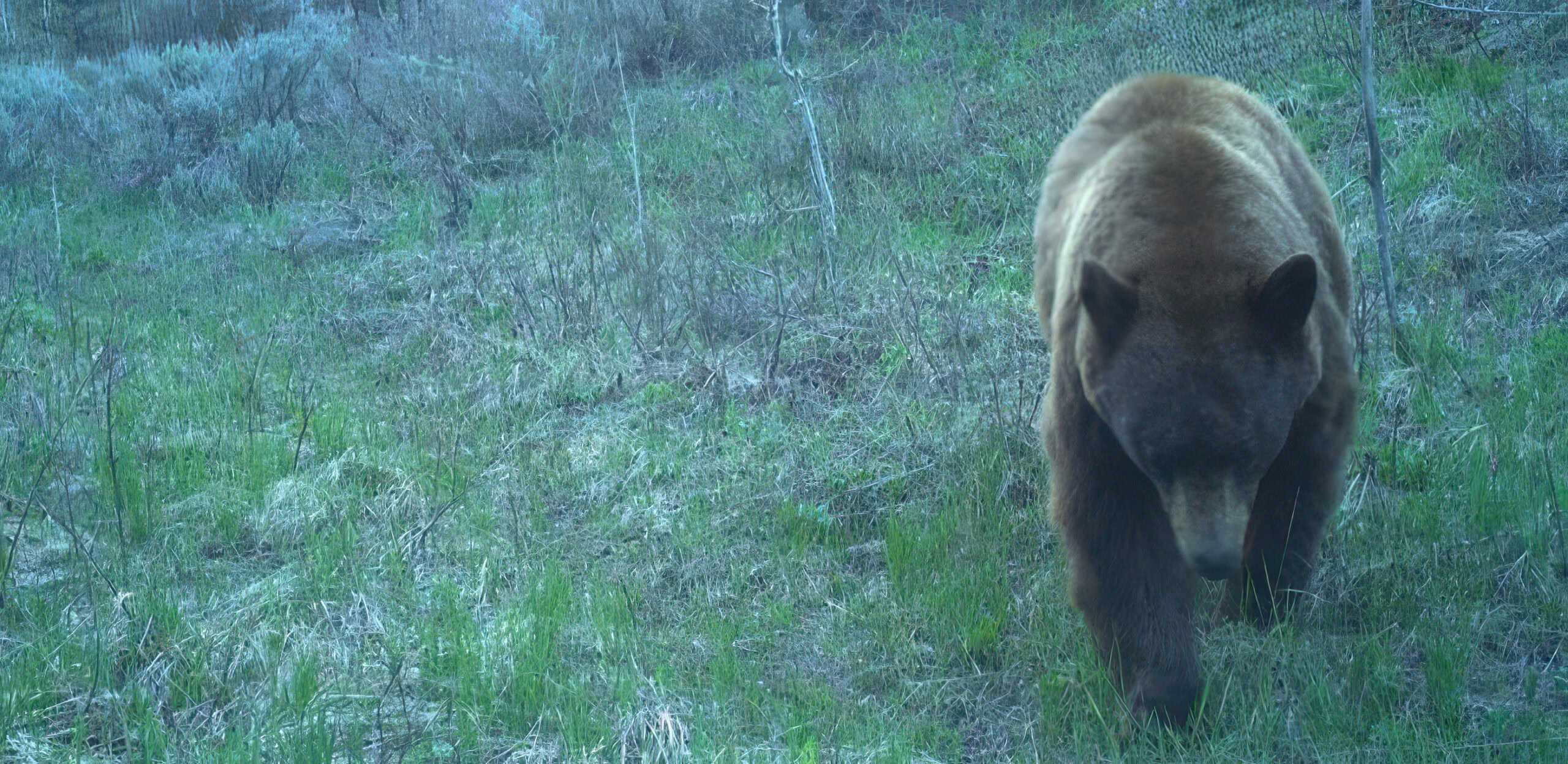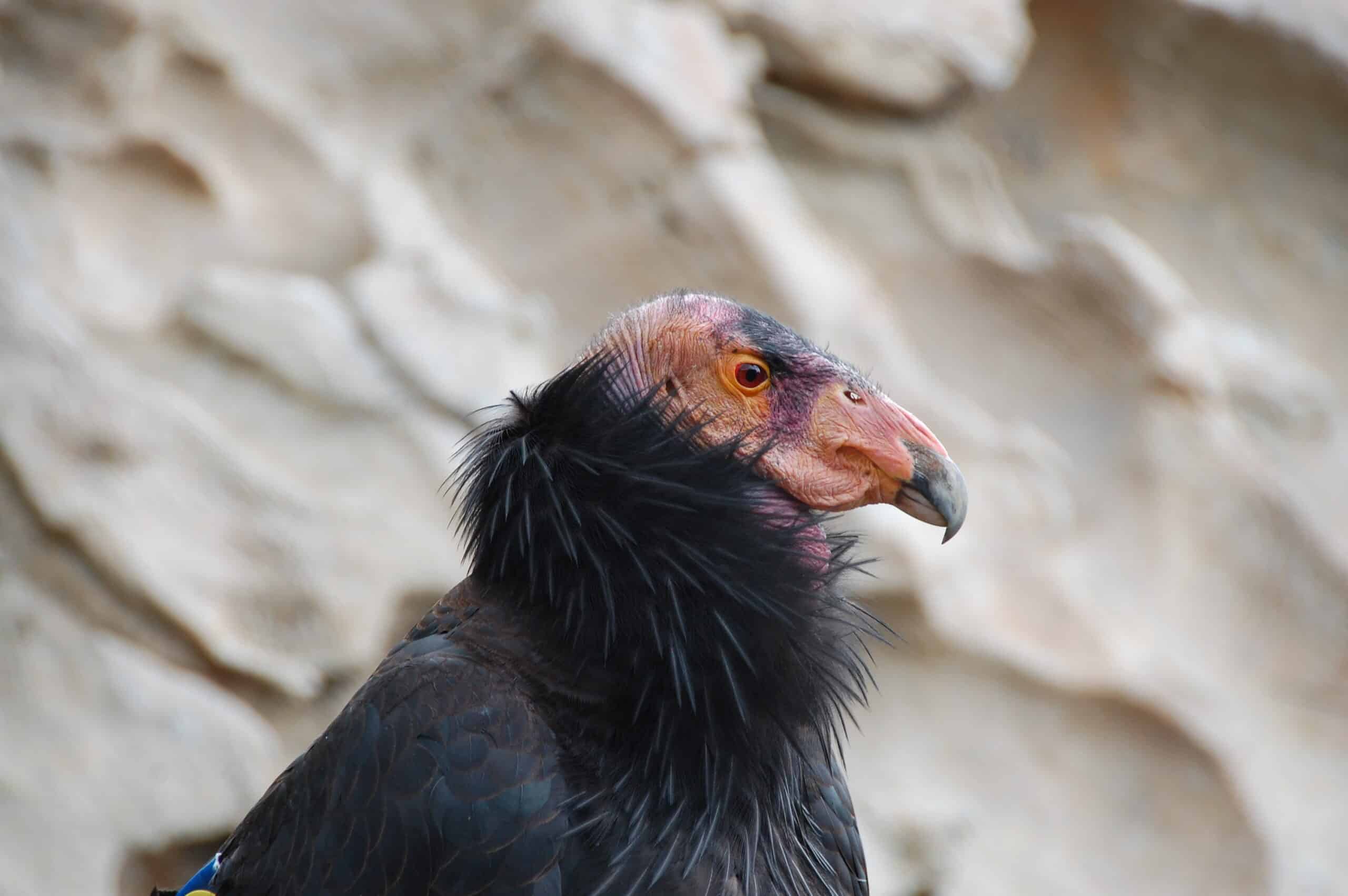Share this article
First session of 116th Congress wraps up
When Congress adjourned at the end of December, it closed out the first session of the 116th Congress, which saw progress on a number of conservation priorities. However, few bills dealing with wildlife management and conservation actually made it into law over the past year.
“We were pleased to see Congress take action on a number of our legislative priorities this year that will aid wildlife professionals and their work,” said Caroline Murphy, AWB®, government relations manager at The Wildlife Society. “The House committee approved the Recovering America’s Wildlife Act, and key programs like the US Geological Survey’s Cooperative Research Units received increased funding,”
Laws Enacted in 2019
Early in 2019, Congress passed The Natural Resources Management Act (S. 47), a package of more than 100 bills affecting public lands and conservation, including permanent reauthorization of the Land and Water Conservation Fund, which allows proceeds from oil and gas drilling on federal lands and waters to be used to acquire parks, forests, recreation areas, wildlife habitats and cultural sites around the country for conservation and public access. The legislation also reauthorized the Neotropical Migratory Bird Conservation Act.
The public land package also included the Wildlife Innovation and Longevity Driver (WILD) Act(S. 268/H.R. 872), a conglomeration of bills that reauthorized the Partners for Fish and Wildlife Program and the Multinational Species Conservation Fund, and amended the Fish and Wildlife Coordination Act to increase funding for preventing, managing and eradicating invasive species, as well as the Marine Turtle Conservation Act, to allow funding to be used for tortoise and freshwater turtle conservation in foreign countries or U.S. territories in habitats under the jurisdiction of the U.S. Fish and Wildlife Service.
In early December, the House Natural Resources Committee approved the Modernizing the Pittman Robertson Fund for Tomorrow’s Needs Act (H.R. 877), which would allow state wildlife agencies to use certain funds allocated through the Wildlife Restoration Account to build and maintain shooting ranges, and for marketing and communications efforts to recruit, retain and reactive hunters and recreational shooters. This bill was then included in the final appropriations bill for Fiscal Year 2020.
Awaiting Senate Action
Other legislation made it out of the House, but awaits consideration in Senate. In late November, the U.S. House of Representatives passed the North American Wetlands Conservation Extension Act (H.R. 925), which would reauthorize and increase funding for the North American Wetlands Conservation Act to the benefits of migratory birds and other wildlife. The Senate’s Environment and Public Works Committee approved the measure in late December, advancing it to the Senate floor.
In September, the House approved legislation that would prohibit oil and gas exploration and development along the coastal plain of the Arctic National Wildlife Refuge. The Arctic Cultural and Coastal Plain Protection Act (H.R. 1146) repeals language from the 2017 tax law, which first opened the coastal plain to energy development.
Legislative Progress
Other bills received committee approval but still must be voted on by the full House. In early December, the House Committee on Natural Resources voted to approve the Recovering America’s Wildlife Act (H.R. 3742), which would provide about $1.4 billion to state, territorial and tribal wildlife agencies for the conservation of thousands of fish and wildlife species vulnerable to extinction.
While a number of bills addressing threatened and endangered species were discussed or introduced over the past year, few have progressed through the legislative process.
Header Image:
The Valles Calderas National Preserve was conserved through the Land and Water Conservation Fund.
©David & Bonnie








